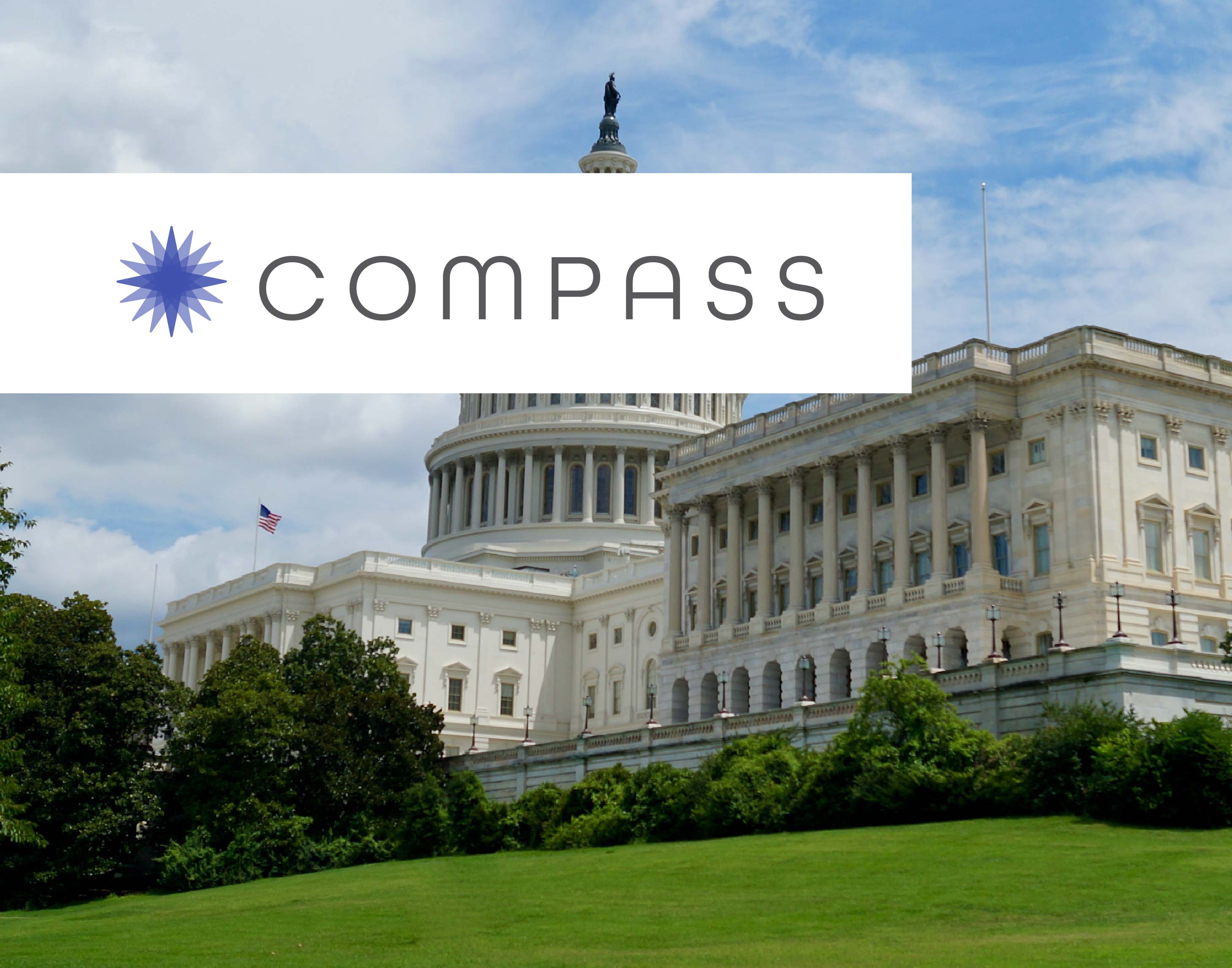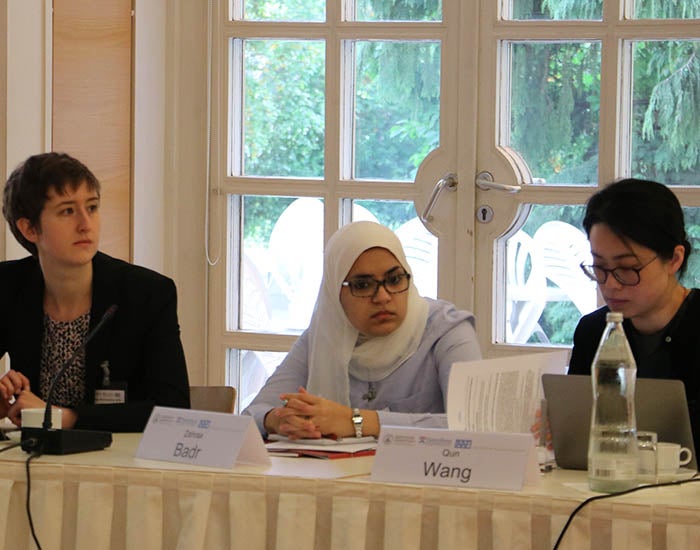
Opportunities
Join the MIC Center's mission to create more democratic media systems that serve community needs.
The MIC Center has several projects currently under way that aim to expand and democratize local media institutions. These include expanding internet access through policy interventions that foster alternative models of affordable and reliable internet service, ranging from community mesh networks to municipal broadband services. Another set of projects critically examine local news media infrastructures to assess how they are serving community information needs.

COMPASS
For more than a decade, a consortium of Communication doctoral programs has sponsored a select group of Ph.D. students to spend a summer in Washington, D.C. These COMPASS Summer Fellows have a front row seat to learn about U.S. federal policymaking as they make their own contributions to the policy process through their research and writing.
Photo Credit: Harold Mendoza / Unsplash

Milton Wolf Seminar on Media & Diplomacy
Launched in 2001, the annual Milton Wolf Seminar Series addresses developing issues in diplomacy and journalism – both broadly defined. Guests include those working for state and multi-lateral organizations, journalists, representatives from media and internet company, academics, and graduate students.
